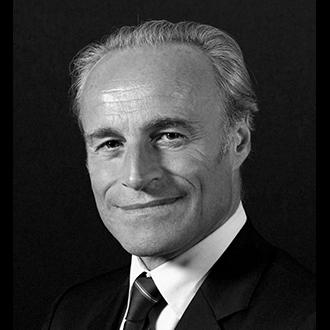Current issues
Optimising an expatriate’s return to France
Many wealthy individuals have left France because of the wealth tax (the ISF) and are wondering whether they will be able to return now that it has been abolished.
France is in a very attractive position to welcome wealthy individuals. Although it doesn’t have a regime comparable to the British one for “non-doms”, who do not pay tax on their unremitted foreign income, or a temporary exemption of their foreign income (excluding capital gains on the sale of securities) as in Italy (subject to an annual tax) or Portugal, it does have a rule in its Constitution that prohibits the legislature from taxing latent income until it is realised, except to combat tax evasion.
And since foreign property is exempt from the property wealth tax (Impôt sur le Fortune Immobilière - IFI) for five years and the IFI is capped according to income, you can arrange to live in France without a large retirement pension and pay very little tax.
The only downside to the French taxation system is the extremely high inheritance tax (see the factsheet on “Dutreil” agreements), which émigrés are liable for as soon as they arrive.
However, you can transfer bare ownership (nue-propriété) of your assets to your children before settling in France, provided they don’t all live in France already. Thanks to the quasi-usufruct technique, such transfers do not prevent donors from continuing to enjoy their assets until their death, at which time their heirs can deduct their claim for restitution and thus avoid inheritance tax up to the amount of the claim.
Bornhauser can advise people who wish to return to France help them implement our recommendations.

